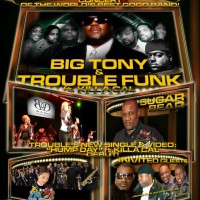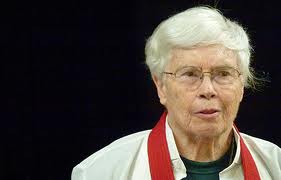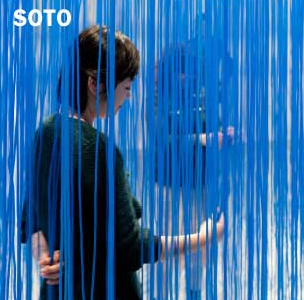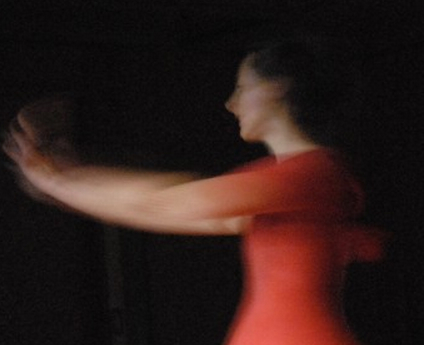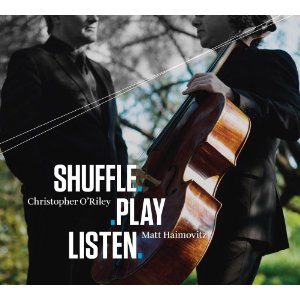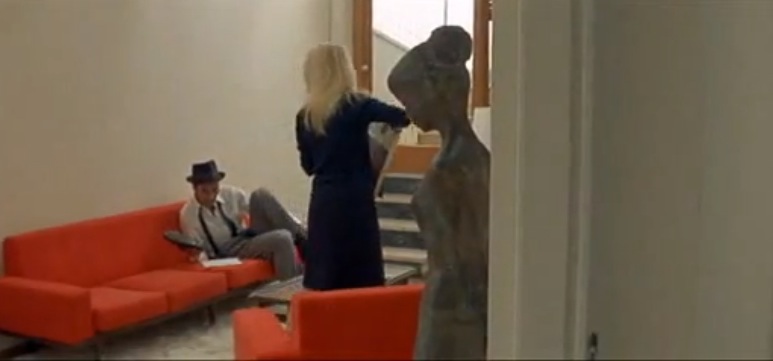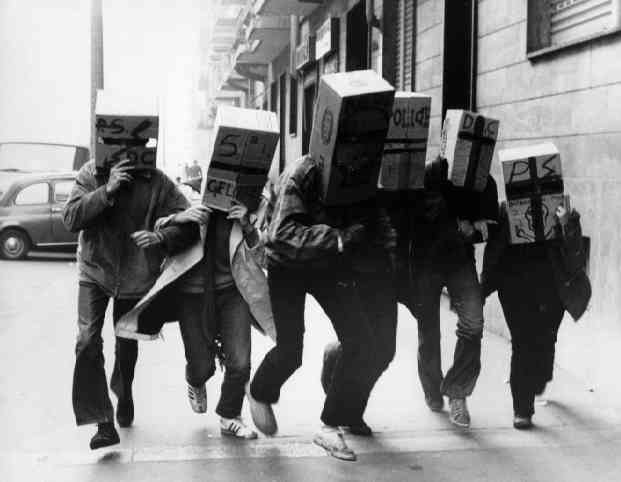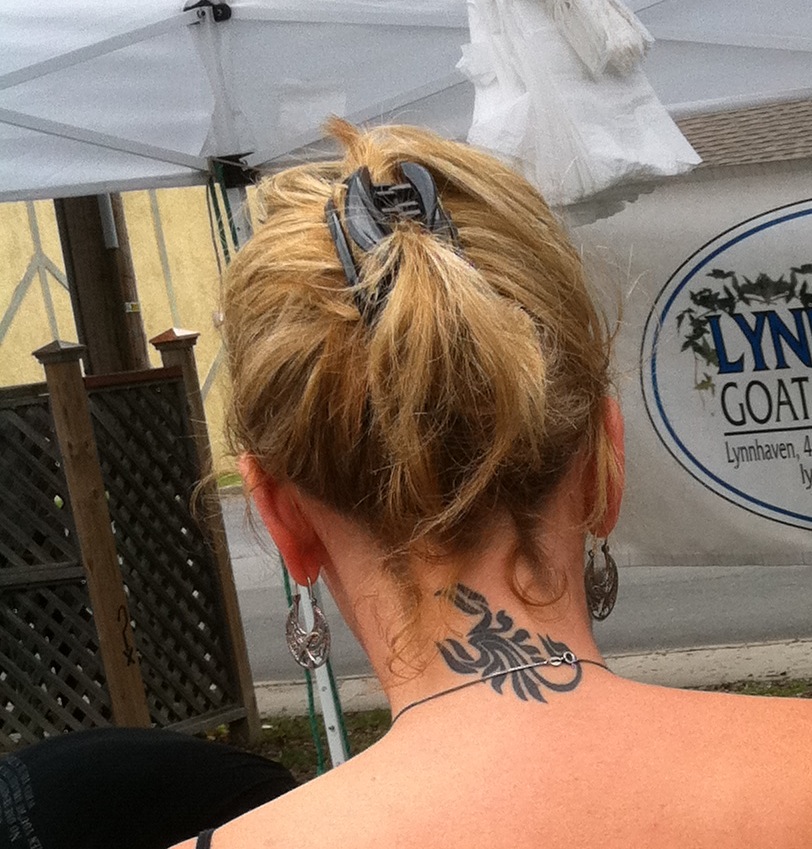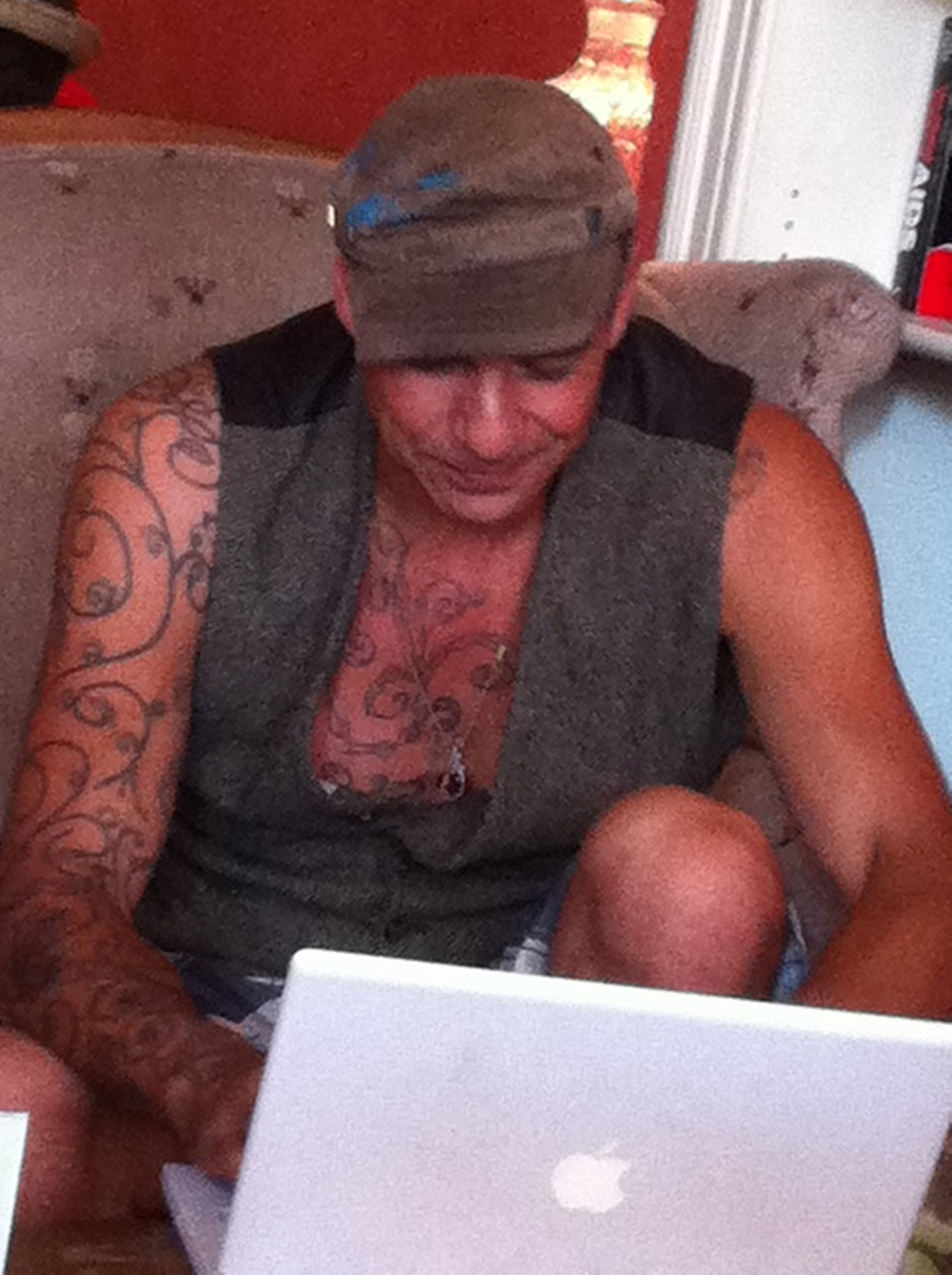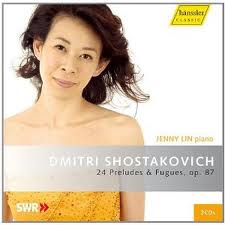[contextly_auto_sidebar id="Q3lLIvq9OQOFPqtEqcFaEV5ajAx8rG11"] [From Greg: Full disclosure. I got to know Liza when she hired me as a consultant. But we worked only on a very modest plan to launch her project, a plan that turned out not to be needed. Maybe I encouraged her in some helpful way, but the stunning success she's been having comes from things she did entirely on her own. Go, Liza!] In a series of guest blogs, I've talked about my Go-Go Symphony, a composition that combines original classical music with the go-go beat, Washington … [Read more...]
Repertoire — final post
Some years ago, I hosted and coprogrammed a concert series for the famous new audience, with the Pittsburgh Symphony. We did many things -- play the first movement of Mozart's Paris Symphony, with the audience told to applaud whenever it heard a passage it liked. (Because that was the practice in Mozart's time, as he explains with great delight in a letter to his father. He was delighted because he'd gamed the audience, written music that guaranteed they'd applaud.) (And -- digression, but an important one -- the result was revelatory. The … [Read more...]
New programming — expanding the box
One more thought about changing/expanding the classical repertoire, because our culture has changed, and people have new ideas about music. Have had those ideas, in fact, for quite a while. So I want to suggest that classical music people -- even those in the most mainstream classical music institutions -- should perform music that's far outside the normal notions of classical music. This is music that might be compared to installation and performance art, work which (as I've noted before) is huge in the art world, is shown in major … [Read more...]
Programming for a new audience — things that worked
So why does Lincoln Center's White Light festival matter? I mentioned it in my last new audience post, and listed next season's programs: U.S. premiere of Rian, performed by Ireland’s Fabulous Beast Dance Theatre Virtuoso Wang Li plays jaw harps and calabash flute N.Y. premiere of choreographer Akram Khan’s Vertical Road Cameron Carpenter plays Bach on the Alice Tully Hall organ Mahler’s Das Lied von der Erde, arranged for chamber orchestra, conducted by Matthias Pintscher, and performed by pianist Emanuel Ax, members of the New York … [Read more...]
Programming for a new audience — more examples
As I wrote in my last post (at greater length): I'm not saying that every moment in every classical performance has to be new and eclectic. I'd expect a wide-ranging mix. All-Schubert one night, Les Noces the next weekend, Shuffle.Play.Listen midweek, and then a student-crafted concert happening down the street. Then a Stockhausen retrospective, and then my friend Stewart Goodyear playing his Beethoven marathon, all the sonatas in a single day. That said, here are more examples of what can be done. Of what has been done. I label some of my … [Read more...]
Programming for a new audience — Shuffle.Play.Listen
Shuffle.Play.Listen -- that's the title of a Matt Haimovitz/Christopher O'Riley double CD, which I should have blogged about ages ago, especially after I heard Chris and Matt play a version of it live. Among much else, it revolutionizes the cello/piano repertoire. (Here's a Spotify link if you want to hear it.) When I heard it live (at George Mason University in Virginia), the pieces were announced as (or after) they were played, rather than being listed in order in the program. So I had no idea what the first piece was. Clearly 20th … [Read more...]
Programming for a new audience: one example
And now to some specifics -- how classical music programming (repertoire) could change, in the new world we'll be in when we've found a new audience. Or, of course, how we'll need to change what we offer, to be part of the culture our new audience lives in. I'll describe a concert I saw at the University of Maryland, created by students at the National Orchestral Institute (NOI). It shows one approach. But before that, a word about Boulez and Godard, in my last post. I said Boulez, the leading advanced musician in '50s and '60s France, … [Read more...]
Boulez and Godard
As I said in my last post, Pierre Boulez is a poster child for a problem classical music has -- some of its most respected living composers don't have much connection to the culture of our time. Here's what I mean. The mainstream classical world -- while not programming Boulez's music very much -- still treats him as if his music is greatly important. I remember talking to a faculty member at major state university music school, who eagerly wanted to meet me because he likes my ideas. He didn't think Boulez took, in his composing, any … [Read more...]
Programming classical music for the new culture (first post)
So now it's time for a post about what kind of classical music a new audience might like. Which means an audience younger than the one we have now, and one that's native to our changed culture, which (as I've noted in my last few posts) classical music hasn't kept up with. We have to think about this, because the audience we have now won't be replaced by another one like it, by another audience that accepts the old view of what classical music is. Or at least there won't be another old-style audience nearly as large as the current … [Read more...]
Building a young audience (more on the culture change)
There's a quite a lot to read on the changes in our culture, the ones I've been saying that leave classical music behind. For instance: The section on nightlife from Richard Florida's well-known book, The Rise of the Creative Class. Florida describes people whom he thinks are central to any city's economic growth, young, smart, curious, creative people, the people corporations would most like to hire. Florida's thesis about how crucial to economic growth they are has been disputed, but his description of them sounds exactly right to … [Read more...]
Building a young audience (more on new music)
I know that much that I'm saying is hard for some people to accept. And I sympathize. Change can be difficult. Major change can be more difficult still. And fundamental change -- radical change -- can be wrenching. So when I say that the repertoire classical musicians play will have to change, I can see why many of us might be upset. I'm thinking now of people deeply engaged with classical music as it is now. We all -- I'm very much including me in this group -- got into classical music because we loved it. And what that meant, … [Read more...]
Building a young audience (second part)
Back in the '90s, I was music editor of Entertainment Weekly, which meant I was plunged into pop music. I had a girlfriend who worked at the magazine, someone with no classical music background, and also without any fancy taste in pop music (which I don't mean as any kind of criticism). She listened to what everyone else like her listened to. No art rock, no challenging indie bands. One Sunday morning, we were at my apartment, and she asked if I'd put on some classical music. So I put on something Baroque, maybe Handel's Water Music. She … [Read more...]
My Shostakovich (1)
I was listening to my friend Jenny Lin's strong recording of the Shostakovich piano preludes and fugues, and it made me think about my graduate study in composition at the Yale School of Music, from 1972 to 1974. And how Shostakovich was a nonperson. We never talked about him. He was bad. He wrote tonal music. Likewise Benjamin Britten. Like Shostakovich, he didn't count. In 1974 (after I got my degree) Britten's last opera, Death in Venice, played at the Met. It overwhelmed me. I saw the error of my (and Yale's) ways. (Funny: I'd sung in … [Read more...]

